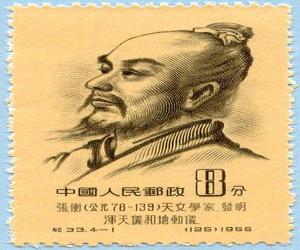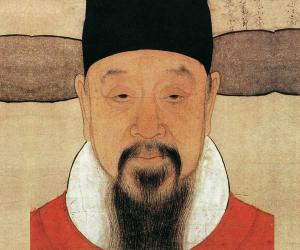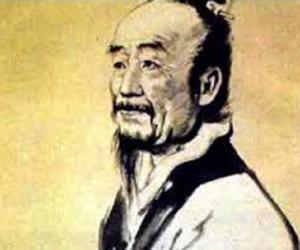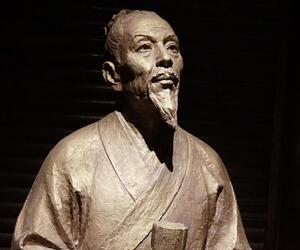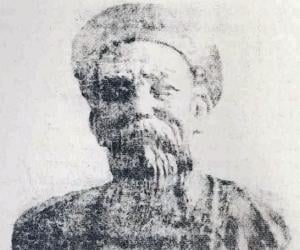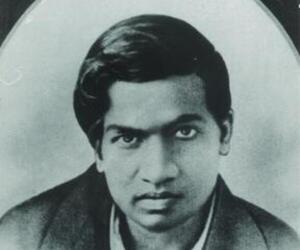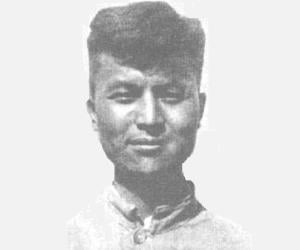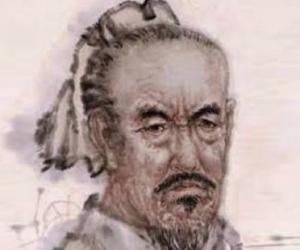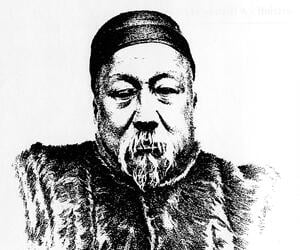1
Shiing-Shen Chern
(One of the 20th Century's Greatest Mathematicians)
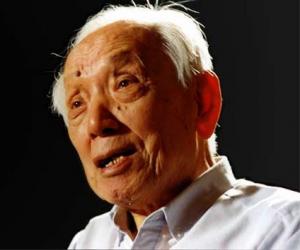
28
13
Birthdate: October 26, 1911
Sun Sign: Scorpio
Birthplace: Jiaxing
Died: December 3, 2004
Shiing-Shen Chern was a Chinese American mathematician known for his fundamental contributions to differential geometry and topology. He is considered the "father of modern differential geometry" and a leading figure in the field. Chern worked at prestigious institutions like the Institute for Advanced Study, the University of Chicago, and the University of California, Berkeley, where he cofounded the Mathematical Sciences Research Institute. His work, including the Chern-Gauss-Bonnet Theorem and Chern classes, continues to have a significant impact on mathematics and physics, influencing areas such as geometry, topology, and string theory.
